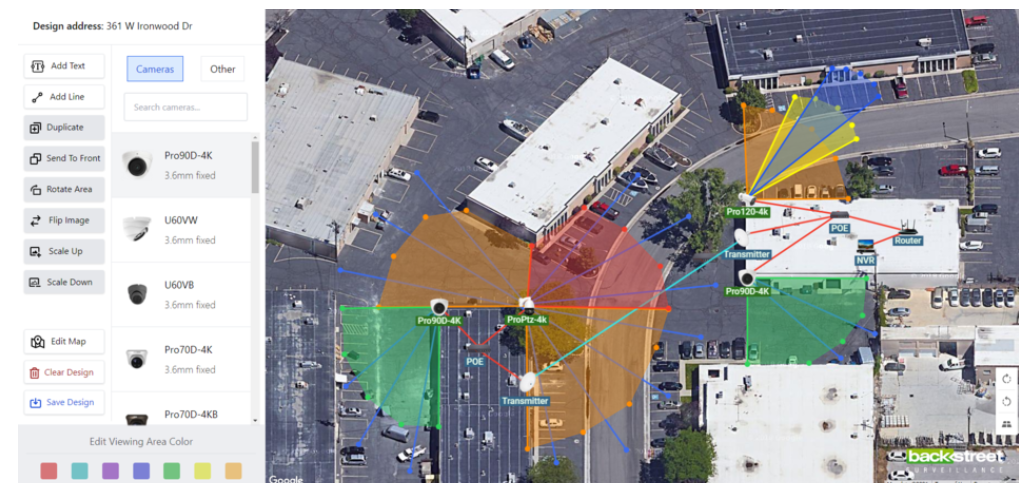What is a Building Society Roll Number?
A building society roll number is a unique identifier built societies use to track and manage customer accounts. Unlike traditional banks, building societies are mutual institutions, meaning their members rather than shareholders own them. This distinction influences how accounts are managed and identified. A building society roll number is a crucial tool in this process, ensuring accurate account management and facilitating transactions.
Why are Building Society Roll Numbers Important?
Building society roll numbers are vital for several reasons:
- Accurate Account Identification: These numbers ensure each member’s account is distinct and easily identifiable within the building society’s system.
- Efficient Transaction Processing: When transferring funds, especially between different financial institutions, the roll number helps correctly route the transaction to the intended account.
- Enhanced Security: Roll numbers add an extra layer of security, reducing the risk of errors or fraud in financial transactions.
How to Find Your Building Society Roll Number
Your building society roll number can typically be found on your account statement, passbook, or online banking portal. If you can’tyou’re locate it, it’s recommended that you contact your building society’s customer service department.
How to Use a Building Society Roll Number in Transactions
Providing the correct building society roll number is crucial when conducting transactions, particularly interbank transfers. Here’s a step-by-step guide:
- Log in to Your Online Banking: Access your online banking portal or mobile app.
- Initiate a Transfer: Choose the option to transfer funds.
- Enter the Recipient’s Details: Include the building society roll number, the sort code, and the account number.
- Verify Information: Double-check all entered information to ensure accuracy.
- Complete the Transfer: Confirm and complete the transaction.
Common Issues with Building Society Roll Numbers
Despite their importance, roll numbers can sometimes cause confusion or issues:
- Incorrect Roll Number Entry: Mistyping the roll number can lead to failed transactions.
- Roll Number Omission: Not including the roll number in a transaction can result in delays or errors.
- Compatibility with Other Banks: Some banks may not recognize or require a roll number, leading to potential complications.
What to Do If You Encounter Issues
If you encounter any issues related to your building society roll number, the following steps can help resolve them:
- Contact Customer Support: Contact your building society’s customer service for assistance.
- Review Account Details: Double-check your account details and ensure the correct roll number is used.
- Verify Transaction Requirements: Confirm with the recipient’s bank if a roll number is necessary.
Building Societies vs. Banks: Key Differences
Understanding the differences between building societies and banks can provide context for the unique role of roll numbers:
- Ownership Structure: Building societies are owned by their members, while shareholders typically own banks.
- Focus and Services: Building societies often focus on savings and mortgage services, whereas banks offer a broader range of financial products.
- Profit Distribution: Profits in building societies are reinvested or distributed among members, whereas banks distribute profits to shareholders.
Examples of Building Societies
Several well-known building societies operate in the UK, each with its unique offerings and services:
- Nationwide Building Society: The most prominent building society in the UK, offering a wide range of financial products.
- Yorkshire Building Society: Known for its competitive mortgage rates and savings accounts.
- Coventry Building Society: Offers various savings products and mortgage options.
Final Thoughts
Understanding your building society roll number and its role in financial transactions is essential for effective account management. By familiarizing yourself with locating and using your roll number, you can ensure smooth and secure financial operations.
Frequently Asked Questions
Q: What should I do if I lose my building society roll number? A: Contact your building society’s customer service to retrieve or reset your roll number.
Q: Can I use my building society roll number for international transactions? A: Roll numbers are typically used for domestic transactions. Additional information, such as IBAN and SWIFT codes, may be required for international transfers.
Q: Are building society roll numbers the same as account numbers? A: No, roll numbers are unique identifiers used alongside account numbers for added accuracy and security.
Q: Can I have multiple accounts with different roll numbers? A: Each account you hold with a building society will have a distinct roll number.
Q: What happens if I enter the wrong roll number during a transaction? A: The transaction may fail, or funds may be misdirected. Always double-check the roll number before confirming a transaction.
For additional information, you can explore more about building societies and their services on Nationwide Building Society’s website or Yorkshire Building Society’s website.
Unraveling the Mysterious in Meaning: A NYT Crossword Conundrum
Event Cleaning Excellence: How Professional Services Ensure a Spotless Venue










